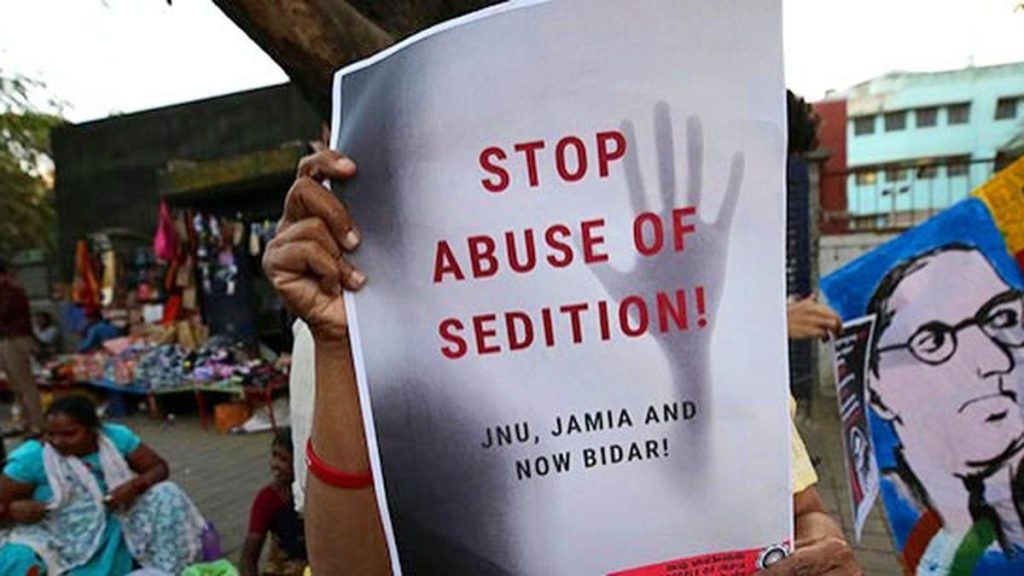Now Reading: Lagos’ Okada Riders: The Daredevils Powering City Commutes
-
01
Lagos’ Okada Riders: The Daredevils Powering City Commutes
Lagos’ Okada Riders: The Daredevils Powering City Commutes

Swift Summary:
- Lagos,Nigeria,a densely populated megacity spanning over 1,300 square miles,relies heavily on motorcycle taxis called “okadas” for quick navigation through congested streets and areas underserved by public transportation.
- Okadas are seen as both a necessity and a menace: they provide affordable commuting options but are cited by local officials as contributors to traffic accidents and crime.
- The Lagos government has banned commercial motorcycles from bridges, highways, and other major areas to improve road safety. Enforcement of the ban is uneven but harsh when implemented.
- In 2019, Lagos launched the Bus Reform Initiative to expand access to public transportation; however, buses don’t cover all neighborhoods served by okadas.
- Riders face challenges such as police harassment involving arrest or extortion payments of up to 90,000 naira ($57) for seized bikes; thousands of motorcycles have been confiscated or crushed.
- despite increased costs due to risks associated with defying bans, okadas remain critical for passengers seeking affordable transport and drivers trying to earn a living in an economy with limited opportunities.
- Protests against the ban have led to clashes with law enforcement; riders’ unions have filed lawsuits demanding repeal of prohibitions and compensation for lost wages.
Indian Opinion Analysis:
The plight of motorcycle taxi riders in Lagos highlights pressing global urban challenges-balancing efficient transit systems against equitable access while addressing safety concerns within rapidly expanding cities like Mumbai or Bengaluru in India. Much like automobile restrictions implemented on certain roads in IndiaS metropolitan hubs due to pollution control measures or congestion relief efforts (e.g., Delhi’s odd-even scheme), such policies can disproportionately impact individuals relying on informal economies for survival.For India specifically-where motorbike taxis also hold niche importance-the unfolding dynamics from lagos emphasize lessons regarding sustainable mobility planning amidst socio-economic diversity within cities at varying scales transitioning politics aligning greater systemic reform Read more images present























